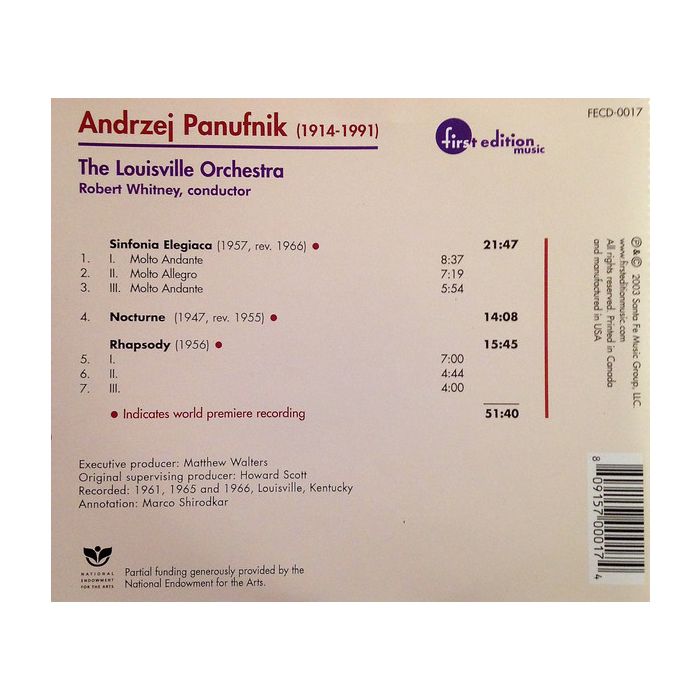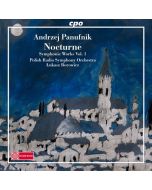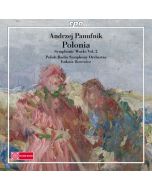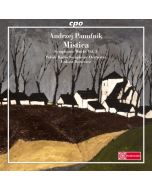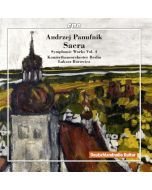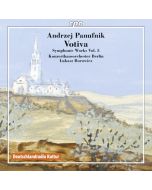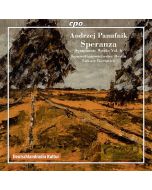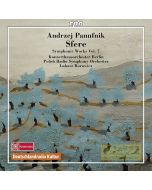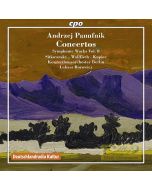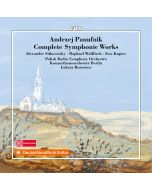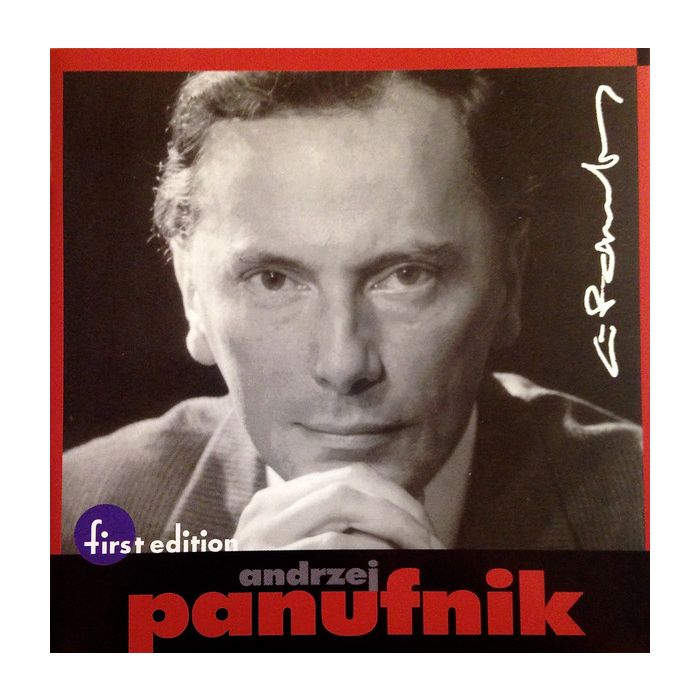
(Produkt nie został jeszcze oceniony)
kompozytor
Panufnik, Andrzej
tytuł
Panufnik: Sinfonia elegiaca, nocturne,
wykonawcy
The Louisville Orchestra, Whitney, Robert
nr katalogowy
FECD 0017
opis
The war was merciless against Andrzej Panufnik: the members of his family were decimated and all his compositions prior to 1944 burned during the Warsaw uprising, although the composer was able to reconstruct some of them afterwards. After the war and having helped to put the main orchestras of Poland back on their feet, he moved abroad in 1954 to England, where his career as a conductor and especially as a composer flourished, bequeathing ten Symphonies to the musical world in particular. including this Symphony No. 2 "Elegiaca" (1957), one of his works created by Leopold Stokowski. The recording offered to us here is apparently the only one existing in a score dedicated "to the victims of the Second World War" and whose tragedy is undeniable. • The Nocturne (1947, revised in 1955), also marked by war, is a kind of mysterious and haunting procession ending in its center at a climax and ending at a palindrome. As for the Rhapsody (1956), in tripartite form, it is the first work composed by Panufnik after his immigration to England. Marked by its author's nostalgia for the homeland, this mini concerto for orchestra exploits melodic and rhythmic forms associated with Polish folklore. These three works receive their first world record in admirable performances by Robert Whitney and his superb phalanx.
nośnik
CD x 1
wydawca
First Edition
data wydania
13.10.2003
EAN / kod kreskowy
809157000174
42,00 zł
Produkt na zamówienie
Wysyłka ustalana indywidualnie.
Darmowa wysyłka dla zamówień powyżej 300 zł!
Darmowy kurier dla zamówień powyżej 500 zł!
sprawdź koszty wysyłki